The United Nations has raised alarm over a worsening humanitarian crisis in the Central African Republic (CAR), where years of conflict, the effects of climate change, and a massive influx of refugees from Sudan are pushing millions of people toward extreme hardship. During a recent visit to the country, UN Deputy Emergency Relief Coordinator Joyce Msuya painted a grim picture of a nation struggling to cope with overlapping crises and dwindling international aid.
Speaking after her field visit to Birao, a remote community in northern CAR near the Sudanese border, Msuya described heart-wrenching scenes of suffering among both displaced Central Africans and newly arrived Sudanese refugees. “Yesterday I spent a few hours with the Sudanese refugees in Birao, a community of 16,000 Central Africans hosting 27,000 Sudanese refugees. Fifty-six percent of them are women and children. And I have seen pain. Yesterday was a different level of pain — women whose limbs have been cut, and yet they traveled with their injuries to CAR, because it’s safer here,” she said.
According to UN figures, as of March 2025, at least 42,084 people have fled the ongoing conflict in Sudan into the Central African Republic, with 35,724 officially registered as refugees. Many of them arrived with little more than the clothes on their backs, seeking safety from violence that has devastated their communities. Refugees and locals alike now depend heavily on humanitarian assistance for food, shelter, and healthcare.
“It’s the war that got us here,” said one Sudanese refugee in Birao. “We thank NGOs and the Government for the support, but the fact that we don’t farm puts us in trouble.” His words reflect a broader reality for thousands of families who have lost access to their livelihoods and are unable to sustain themselves due to insecurity and displacement.
The Central African Republic, long plagued by political instability and cycles of armed conflict, remains one of the world’s poorest nations. Despite slight improvements in security in certain regions, the overall situation remains dire. Communities in conflict-affected areas face rampant food insecurity, limited access to healthcare, and severe shortages of clean water and sanitation. The ongoing violence has also forced millions of people from their homes, leaving many stranded in overcrowded camps or isolated rural areas that humanitarian workers struggle to reach.
Compounding the crisis, climate shocks — including irregular rainfall, prolonged droughts, and flooding — have devastated agricultural production and further eroded livelihoods. As crops fail and food prices rise, the number of people facing hunger continues to climb. According to aid officials, the crisis is now at a tipping point, with growing concern that international funding shortfalls could lead to the suspension of life-saving assistance for hundreds of thousands.
Msuya emphasized that while humanitarian agencies are working tirelessly to provide relief, the response is being undermined by severe resource constraints. “We are seeing families who have endured war and violence for years, now facing hunger and destitution simply because we do not have enough resources to meet the growing needs,” she warned.
The UN and its partners are calling for urgent international support to sustain relief efforts and prevent further deterioration. Humanitarian operations in CAR are currently only partially funded, leaving gaps in essential sectors such as health, education, food assistance, and protection.
The plight of refugees from Sudan has added a new dimension to an already complex emergency. Many of the Sudanese who have crossed into CAR are themselves victims of violence, including gender-based crimes and forced displacement. With local communities already struggling to survive, the influx has placed enormous strain on limited resources and public services.
Despite these daunting challenges, there are pockets of resilience. Local communities in towns like Birao have shown remarkable solidarity by sharing their scarce resources with refugees, embodying the spirit of compassion even in the face of adversity.
However, humanitarian experts warn that without sustained global attention, the situation could spiral into a full-blown catastrophe. The Central African Republic’s fragile stability is at risk, and the combination of conflict, climate change, and economic collapse threatens to push millions deeper into crisis.
The UN’s message is clear the world cannot afford to turn its back on the Central African Republic. Without immediate and substantial support, the suffering of its people will intensify, and the fragile gains made toward peace and stability may be lost.





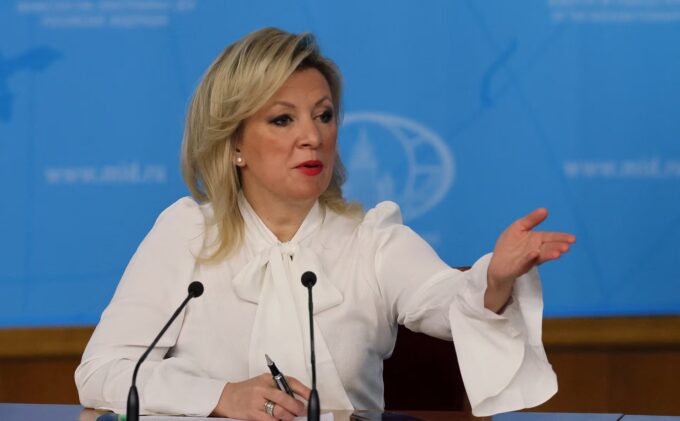
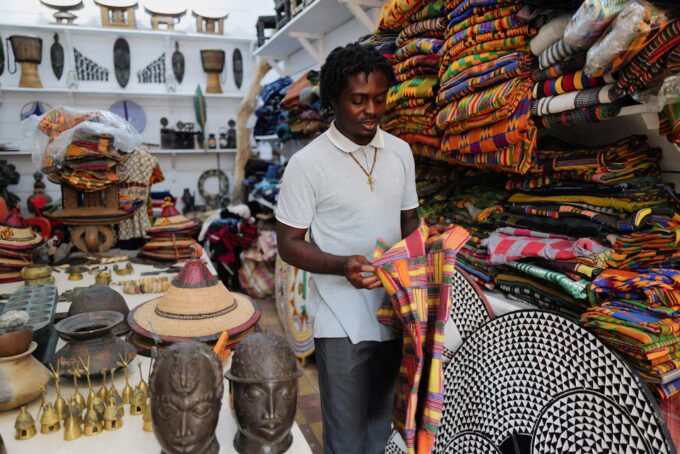

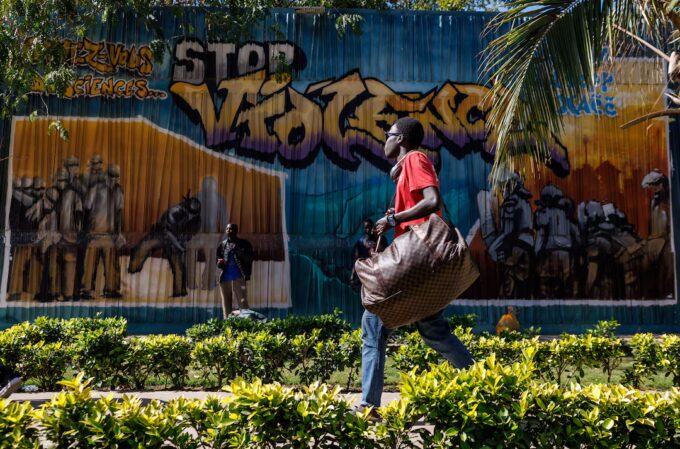
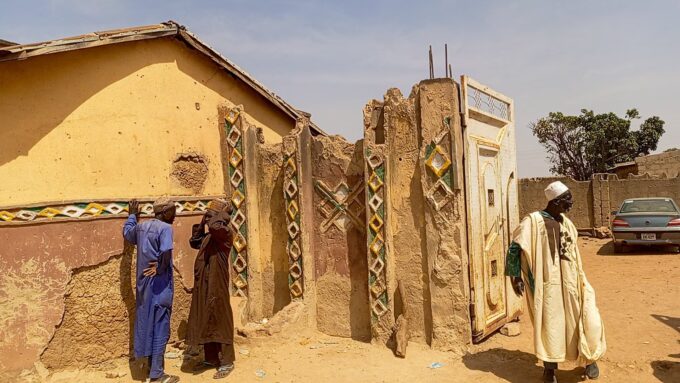


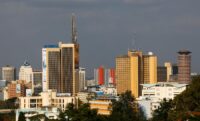
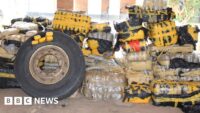
Leave a comment